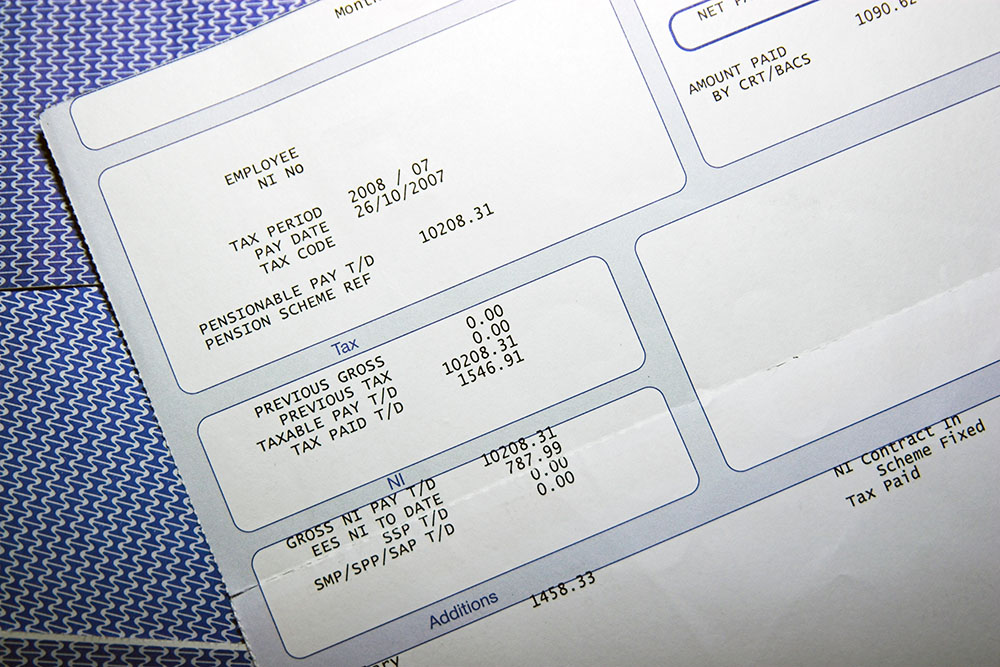Housing & energy grants: a short guide
This content is for information purposes only and should not be taken as financial advice. Every effort has been made to ensure the information is correct and up-to-date at the time of writing. For personalised and regulated advice regarding your situation, please consult an independent financial adviser here at Castlegate in Grantham, Lincolnshire or other local offices.
It is no secret that higher energy prices have been driving much of the UK’s surging inflation since early 2021. Back then, it was possible to get a litre of petrol for 118p at the pump. Now in 2023, it costs closer to 148p.
The news hasn’t been much better for powering and heating homes. In April 2022, household energy bills rose by 54% as the energy price cap was raised. Prices rose further in October that year, but the introduction of the Energy Price Guarantee helped to stop any household from paying the full amount under the revised cap.
It helps to know exactly which government support packages and grants you are entitled to, helping you to mitigate the impact of the UK’s cost of living crisis on your finances. Below, we explore these in more detail, as of August 2023.
We hope this summary is helpful to you. To discuss your financial plan with us, please get in touch to arrange a no-obligation financial consultation, at our expense:
01476 855 585
info@casfin.co.uk
The Warm Home Discount
As the UK approaches its colder months, the Warm Home Discount is intended to support millions of households with their energy bills over the winter.
This provides £150, but it is not paid directly to you. If you use a standard credit meter then the money will be applied to your bill between October and March. Those on a pre-pay meter should be sent a top-up voucher.
In England, the Warm Home Discount will be applied automatically to those on pension credit and those eligible for other certain benefits.
Please note that this is separate from the cold weather payment. This is a separate grant available to certain older people when temperatures reach zero (or below) in their local area. This provides £25 automatically for each 7-day period between 1 November and 31 March when temperatures are at these levels.
The Winter Fuel Payment
In 2022, every person born on or before 24 September 1957 (regardless of income) was entitled to the Winter Fuel Payment to help them pay their energy bills – worth between £150 and £300. The details for winter 2023 are yet to be confirmed, but the government has said that the payment will be available in the coming months.
A letter from the government should inform you about how much you can receive. For example, if you lived alone between 19 and 25 September 2022 and you were born on or before 25 Sep 1942, then you could have received a payment of £600 last winter.
Please note that English local councils have been given £1bn in funding under the Household Support Fund to help vulnerable households between April 2023 and March 2024.
You can contact your council to find out what you might be eligible for. However, bear in mind that this money will be targeted towards the most financially vulnerable households.
Cost of living support
The Department of Work and Pensions (DWP) made a range of payments to millions of households earlier in the year. Those on certain means-tested benefits could receive up to £1,001 (in four payments) between April 2023 and Spring 2024 to help with rising living costs.
There was also a £150 payment available to those on qualifying disability benefits which expired on 4 July 2023. A £200 alternative fuel payment was also available to households using alternative fuels (e.g. LPG, biomass or heating oil) which should have been received from energy suppliers in February 2023.
Another key development to note is the Energy Price Guarantee (EPG) ended on 1 July 2023. The EPG will formally remain as a “safety net” until March 2024. For now, the Ofgem price cap will be set at £2,074 for a typical household per year.
If energy prices go above £3,000 per year before March 2024, the EPC should provide a mechanism to help provide more subsidies to households.
Going forwards
The direction of travel above suggests that, whilst some financial support will be available for certain UK households this winter, the general trend is that the government expects households to largely manage their own spending for energy and housing.
This is a reminder to try and strengthen your emergency fund, if possible (e.g. 3-6 months’ worth of living costs in easy-access savings). Certain households may benefit from investing in making their homes more energy efficient, to help save money over the longer term.
For instance, if you qualify for certain benefits, then £1,000s in boiler grants and insulation measures could be available (e.g. freely replace old electric heaters and radiators with new, energy-efficient electric storage heaters).
There is also currently a boiler upgrade initiative on offer. If you own your property and have specific insulation installed, then you could be eligible for up to £6,000 to help replace your gas, oil or electric boiler with a heat pump or biomass boiler.
Invitation
If you are interested in discussing your own financial plan or investment strategy with us, please get in touch to arrange a no-commitment financial consultation at our expense:
01476 855 585
info@casfin.co.uk












